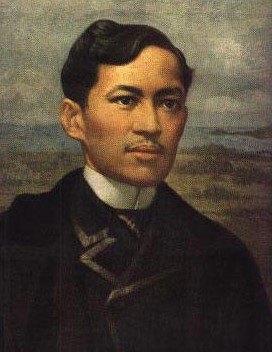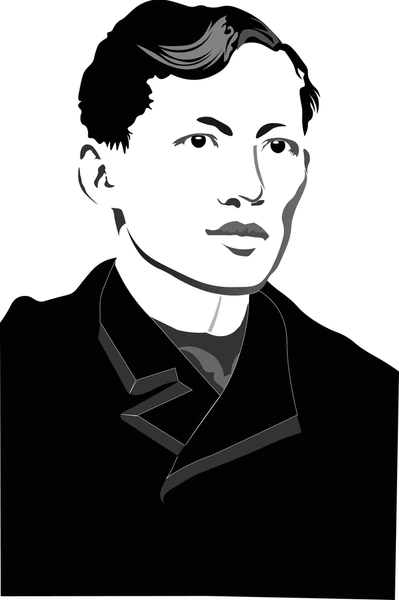
MaWeb

MaWeb

(June 19, 1861 – December 30, 1896)
Jose Protasio Rizal Mercado y Alonso Realonda. was a Filipino nationalist, writer and polymath active at the end of the Spanish colonial period of the Philippines. He is considered a national hero (pambansang bayani) of the Philippines. An ophthalmologist by profession, Rizal became a writer and a key member of the Filipino Propaganda Movement, which advocated political reforms for the colony under Spain.
Rizal was born into a privileged family in Calamba, Laguna, Rizal pursued advanced education in Europe, becoming proficient in multiple languages. His literary masterpieces, "Noli Me Tangere" and "El Filibusterismo," exposed the oppressive nature of Spanish colonial rule, advocating for social reforms and awakening nationalistic sentiments. Rizal championed education as a powerful tool for enlightenment and social progress, emphasizing peaceful means to attain Philippine independence. Despite his commitment to non-violence, he faced persecution, leading to his exile in Dapitan. His execution on December 30, 1896, marked a turning point, fueling the flames of the Philippine Revolution. Rizal's enduring legacy lies in his profound impact on Filipino identity, his advocacy for social justice, and his pivotal role in the country's journey towards independence from Spanish colonial rule.
From an early age, José showed a precocious intellect. He learned the alphabet from his mother at 3, and could read and write at age 5. Upon enrolling at the Ateneo Municipal de Manila, he dropped the last three names that made up his full name, on the advice of his brother, Paciano and the Mercado family, thus rendering his name as "José Protasio Rizal". Of this, he later wrote: "My family never paid much attention [to our second surname Rizal], but now I had to use it, thus giving me the appearance of an illegitimate child! This was to enable him to travel freely and disassociate him from his brother, who had gained notoriety with earlier links to Filipino priests Mariano Gomez, Jose Burgos, and Jacinto Zamora (popularly known as Gomburza), who had been accused and executed for treason.
Rizal is widely considered one of the greatest heroes of the Philippines and has been recommended to be so honored by an officially empaneled National Heroes Committee. However, no law, executive order or proclamation has been enacted or issued officially proclaiming any Filipino historical figure as a national hero. He wrote the novels Noli Me Tángere (1887) and El filibusterismo (1891), which together are taken as a national epic, in addition to numerous poems and essays.